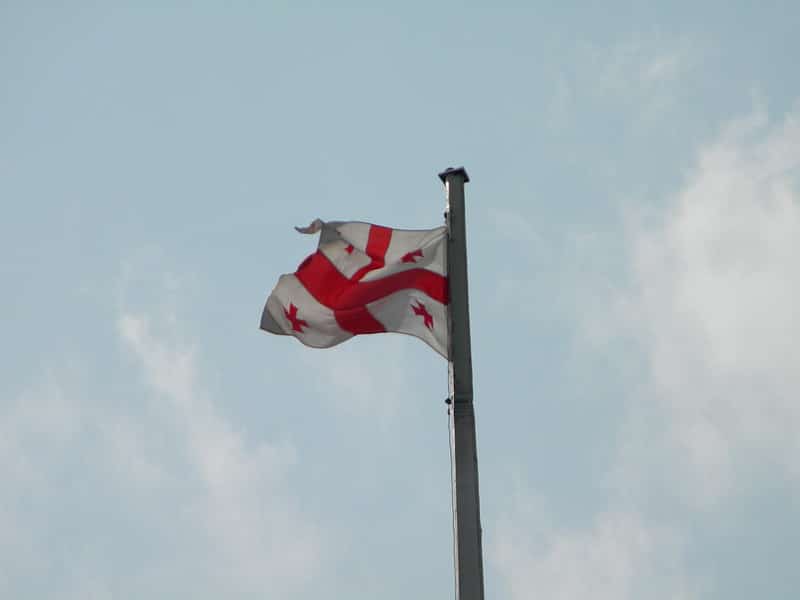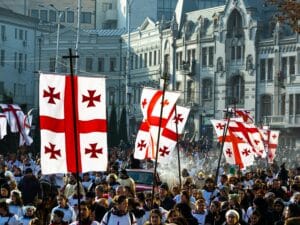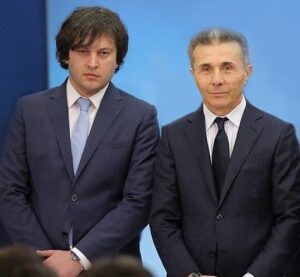On October 2nd, local self-government elections were held in Georgia, one day after ex-president Saakashivili was arrested. The ruling party, Georgian Dream (GD), won the elections with 46.7% of votes, while the main opposition party, the United National Movement (UNM) won 30.7%. The For Georgia group, founded this year by former prime minister and GD politician Giorgi Gakharia, came third with 7.8%. The turnout was 51.9%. Direct elections of the mayor are held in 64 local government units. In 20 cities, including the capital Tblisi, a runoff will be necessary as none of the mayoral candidates won over 50% of the vote; this is scheduled for the 30th of October. The official results came in after both UNM and GD claimed victory due to contradictory exit polls.
Normally, these elections would only be relevant for local politics, but these elections were given potential national importance as a reaction from the political crisis that emerged from the 2020 parliamentary election. In an effort to break the political deadlock an agreement was set up: If GD did not attain 43% of the proportional votes, new parliamentary elections would be held. The ruling party GD originally signed the document, but withdrew after a couple of weeks. UNM, the main opposition party, never signed it.
The result of 46.7% for GD, above the 43% threshold, is likely to strengthen the position of the party, though it could lead to protests and renewed allegations of fraud. Critics have said that the election results will change nothing and that the political crisis will continue.
Saakashivili’s arrest
On 1 October, ex-president and founder of UNM Mikheil Saakashivili was arrested after he returned to Georgia to support the opposition. He not only called on his supporters to vote for the opposition, but also to rally in the city centre in the capital Tblisi after the elections. Saakashivili was president from 2004-2007 and 2008-2013. He left the country in 2013, and was sentenced to prison in absentia in 2018 for abuse of power and concealing evidence when he was president, though Saakashvili declared that the charges against him are politically motivated. The authorities said they had warned him he would be arrested if he returned.
His arrest has led to protests near the prison, and his supporters vowed to continue to stage mass protests in the coming days. The ex-president himself has declared a hunger strike until he is freed, but the authorities have stated that he will serve his full sentence of nine years. Critics fear that his arrest will lead to more instability in Georgian politics.
Election observers
Due to the potential national importance, these elections were under the special scrutiny of observers. More than 1,000 representatives from 52 international observation organizations were registered to observe the elections, twice as many as the previous local self-government elections. There have nevertheless been multiple reports of voter fraud during these elections. Observers from the OSCE declared that there elections had been “marred by wide-spread and consistent allegations of intimidation, vote-buying, pressure on candidates and voters, and an unlevel playing field”. Furthermore, there have been reports of verbal and physical abuse of journalists.
Nevertheless, President Zurabishvili said that the elections were held in a calm, safe, and competitive way, and were a step towards democracy and stability. According to him, the Georgian people have demonstrated that they choose peace and stability rather than riots and confrontation. Opposition parties say that there were widespread irregularities in the October elections, and critics remain sceptical of the elections and the long-term effects of this outcome.
Sources: JAM, Reuters, Tass, RFE
Photo: Flickr



